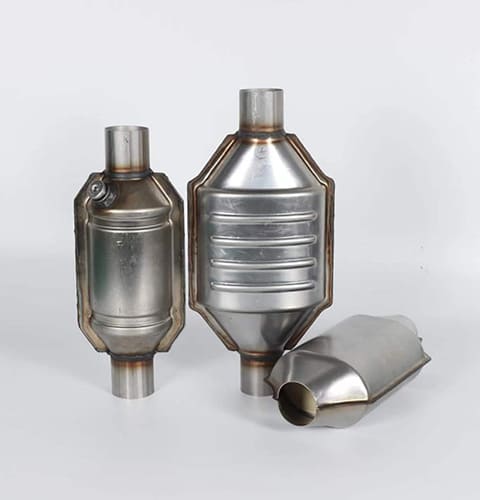Diesel Particulate Filters (DPF) are a critical component in modern diesel engines, playing a vital role in reducing emissions and meeting environmental regulations. However, their impact on a business’s finances extends beyond the initial purchase cost. Understanding the full financial implications of DPF filters is essential for effective budgeting and cost management in any business that operates diesel-powered vehicles or machinery.
The cost of DPF filters involves initial acquisition, maintenance, and potential replacement expenses. These factors can significantly impact the overall operating costs of a business, especially one that relies heavily on diesel engines.

Breakdown of DPF Filter Costs:
- Initial Purchase Price: The upfront cost of a DPF filter varies depending on the type and model of the vehicle or machinery. Higher-quality filters may have a higher initial cost but can offer better performance and longevity.
- Maintenance and Cleaning: Regular maintenance, including cleaning and inspection, is crucial to prevent clogging and ensure efficient operation. This maintenance incurs ongoing costs.
- Replacement and Disposal: DPF filters have a finite lifespan. Eventually, they require replacement, which adds to the cost. Additionally, proper disposal of used filters, which may contain hazardous materials, is essential and may incur further expenses.
Understanding Long-Term Financial Implications:
- Operational Efficiency: A well-maintained DPF filter can improve engine efficiency and reduce fuel costs.
- Regulatory Compliance: Non-compliance with emission standards can lead to fines and legal costs. A functional DPF filter helps in meeting these standards.
- Resale Value: Vehicles with well-maintained DPF filters may have a higher resale value.
Strategies for Cost Management:
- Regular Maintenance: Implementing a regular maintenance schedule can prolong the life of a DPF filter and prevent costly repairs or replacements.
- Quality over Price: Investing in higher-quality DPF filters can be more cost-effective in the long run due to their durability and efficiency.
- Educating Staff: Training staff on the importance of DPF maintenance can help in identifying issues early and reducing long-term costs.

Conclusion
The financial implications of DPF filters for businesses are multifaceted, encompassing initial purchase, maintenance, and replacement costs. Understanding these aspects is crucial for effective financial planning and cost management. By focusing on regular maintenance, opting for quality filters, and educating staff, businesses can mitigate these costs, ensure regulatory compliance, and enhance operational efficiency. Addressing the cost implications of DPF filters strategically can lead to significant long-term financial benefits for any business reliant on diesel-powered vehicles or equipment.


